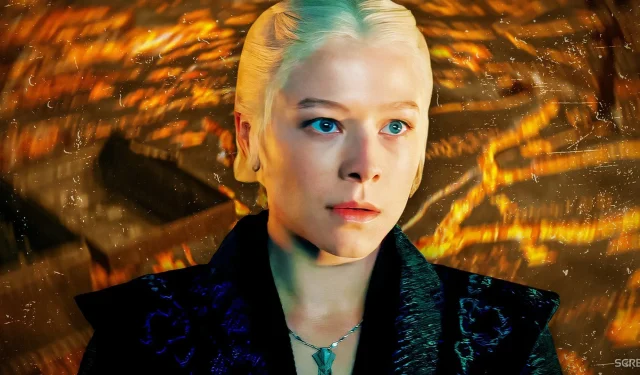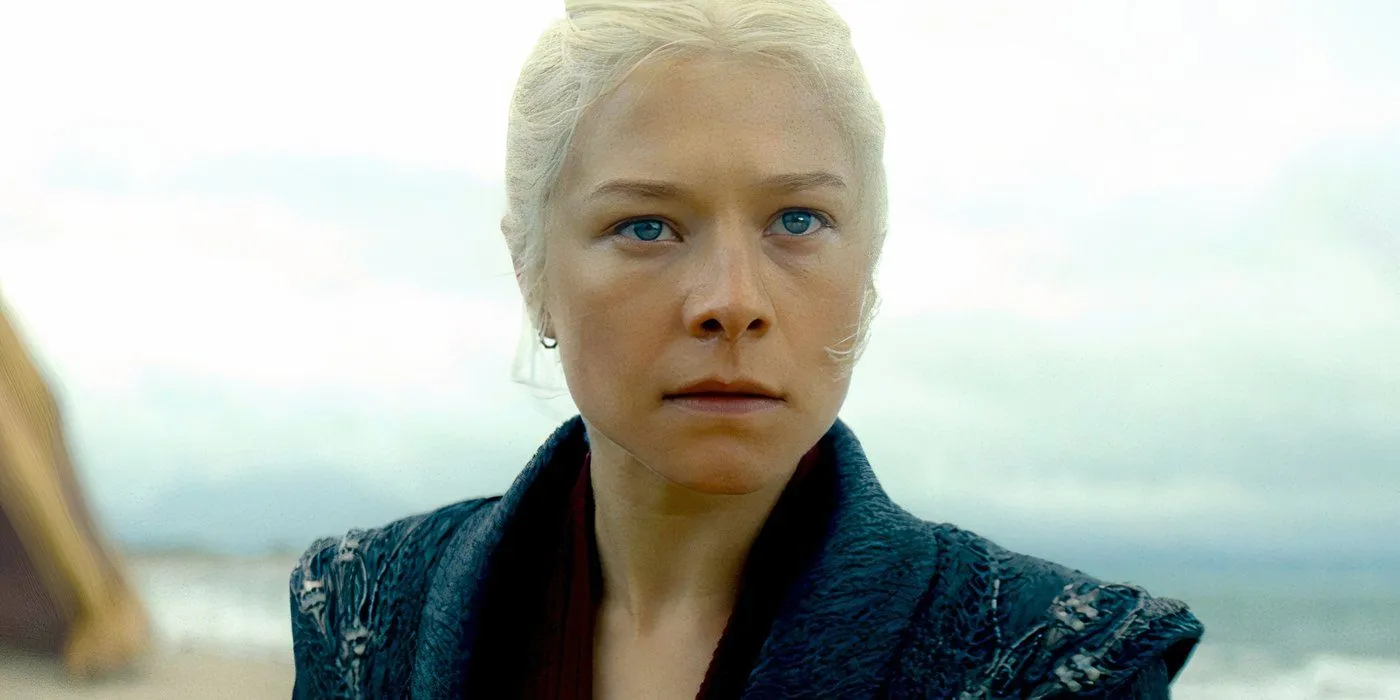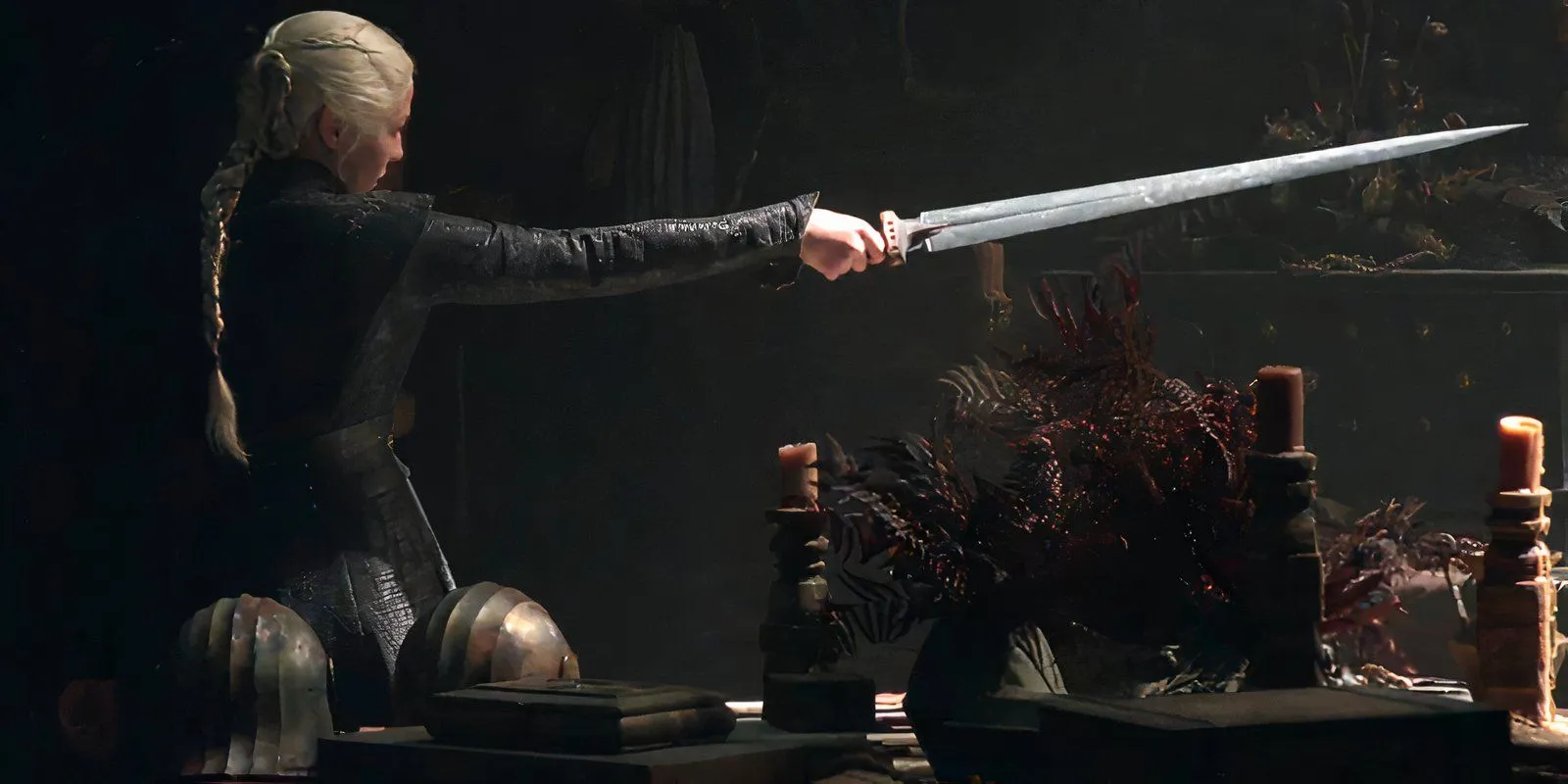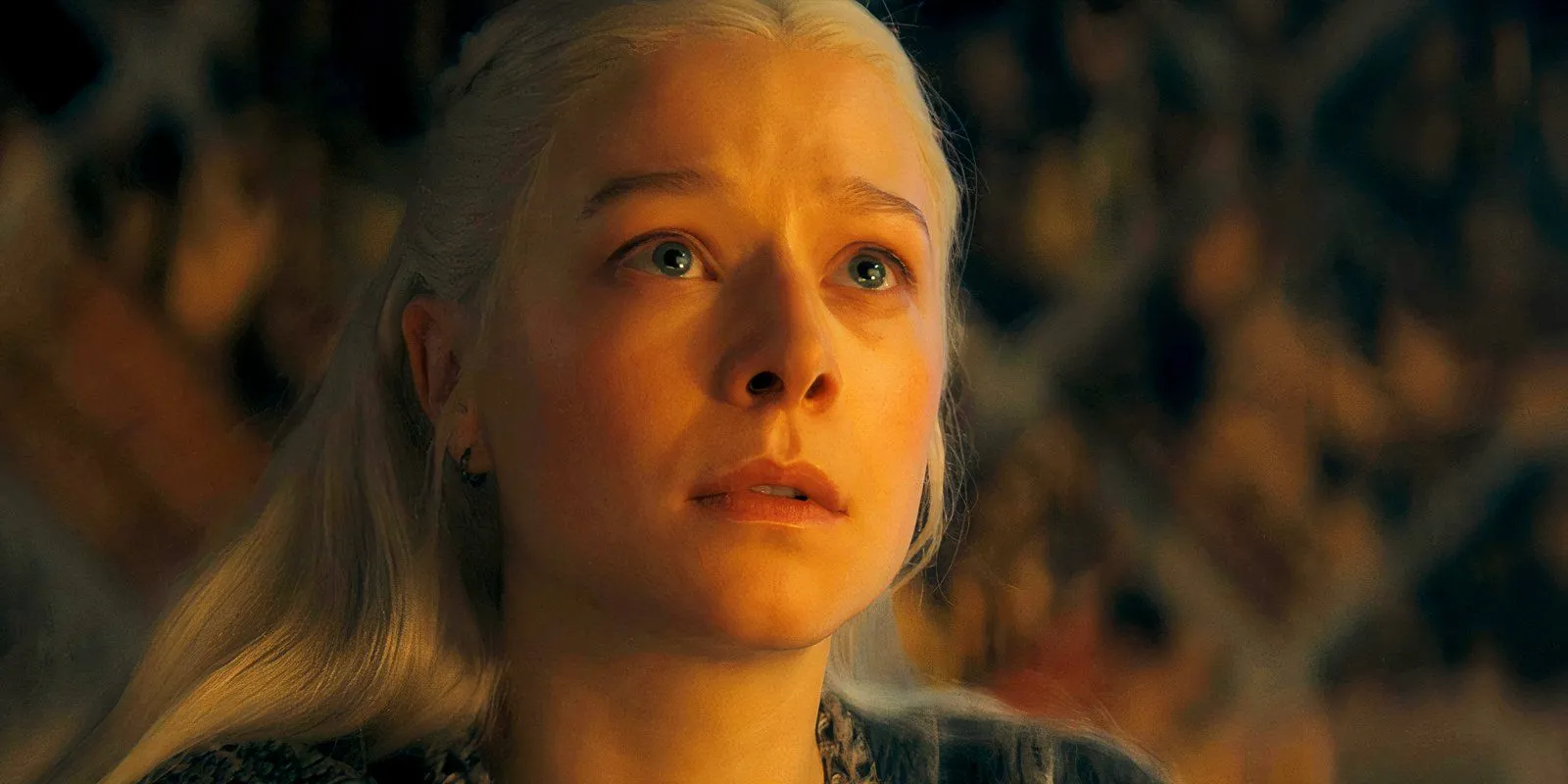
As House of the Dragon gears up for its anticipated third season, the trajectory of Rhaenyra Targaryen’s character demands an evolution that challenges both her and the audience, transforming the unfolding narrative in King’s Landing into a compelling saga. The season 2 finale set a powerful precedent, positioning Rhaenyra to finally seize King’s Landing. Alicent Hightower’s willingness to sacrifice her son, King Aegon II Targaryen, underscores the social and political complexities that will define the new season as Rhaenyra prepares to secure her claim.
With season 3 projected to debut in 2026, viewers can expect a rapidly unfolding story. After the groundwork laid in season 2, there’s no justification for lingering in the Dance of the Dragons. The initial episodes are poised to depict the fall of King’s Landing, along with Rhaenyra’s ascension to the Iron Throne. This pivotal shift necessitates a transformation in Rhaenyra’s character, a sentiment echoed by Emma D’Arcy, the actress portraying Rhaenyra.
Rhaenyra Must Evolve Beyond Sympathy in Season 3
Emma D’Arcy’s Insight on Rhaenyra’s Transformation


In the upcoming season, Rhaenyra will navigate the uncharted waters of power. Up until now, she served as a mere heir and claimant, but her upcoming actions signal a more robust role in wielding power. As Alicent effectively yields control, Rhaenyra’s journey from a sympathetic figure fighting for her rights to a powerful ruler will inevitably alter her persona. Emma D’Arcy noted a significant shift in Rhaenyra’s character dynamics, expressing a desire to test the audience’s loyalty:
“We’re approaching the realm of fanaticism, and that’s where faith starts to beget faith. I think that becomes a frightening character. I want to test the audience’s loyalty to her. I wonder how unsympathetic she can be.”
D’Arcy’s remarks align well with Rhaenyra’s current narrative arc, moving beyond her quest for the throne to embrace her growing belief in her destiny. In season 2, hints of a developing God complex suggested that Rhaenyra views herself as destined to rule and potentially ‘save’ Westeros. This evolution is bound to complicate her character, potentially alienating viewers who have been inclined to root for her thus far.
The Extent of Loyalty Testing in House of the Dragon
Bold Storytelling Required for Character Development

For House of the Dragon to truly captivate audiences in season 3, Rhaenyra’s character arc must venture into bolder territory. The series has carefully crafted Rhaenyra as a sympathetic hero, diverging from the more grim portrayals in the historical accounts of Westerosi lore. However, as the season progresses and her reign begins, the narrative should not shy away from showcasing her morally ambiguous decisions.
With the show confirmed to conclude after season 4, the writing team must navigate the fine line between presenting Rhaenyra as relatable and allowing her to commit less-than-heroic deeds. While the character’s history reveals a tyrannical rule that breeds resentment among the populace, the series has the opportunity to frame these events in ways that invite audience uncertainty without fostering outright disdain.
The subtleties of fanaticism in Rhaenyra’s actions, as indicated by Emma D’Arcy’s performance in season 2, hint at a captivating character evolution. A narrative arc where Rhaenyra, upon seizing the Iron Throne, grapples with the corrupting influence of power could provide a rich tapestry of conflict and intrigue, making House of the Dragon genuinely compelling.
Source: Josh Horowitz/Happy Sad Confused




Leave a Reply